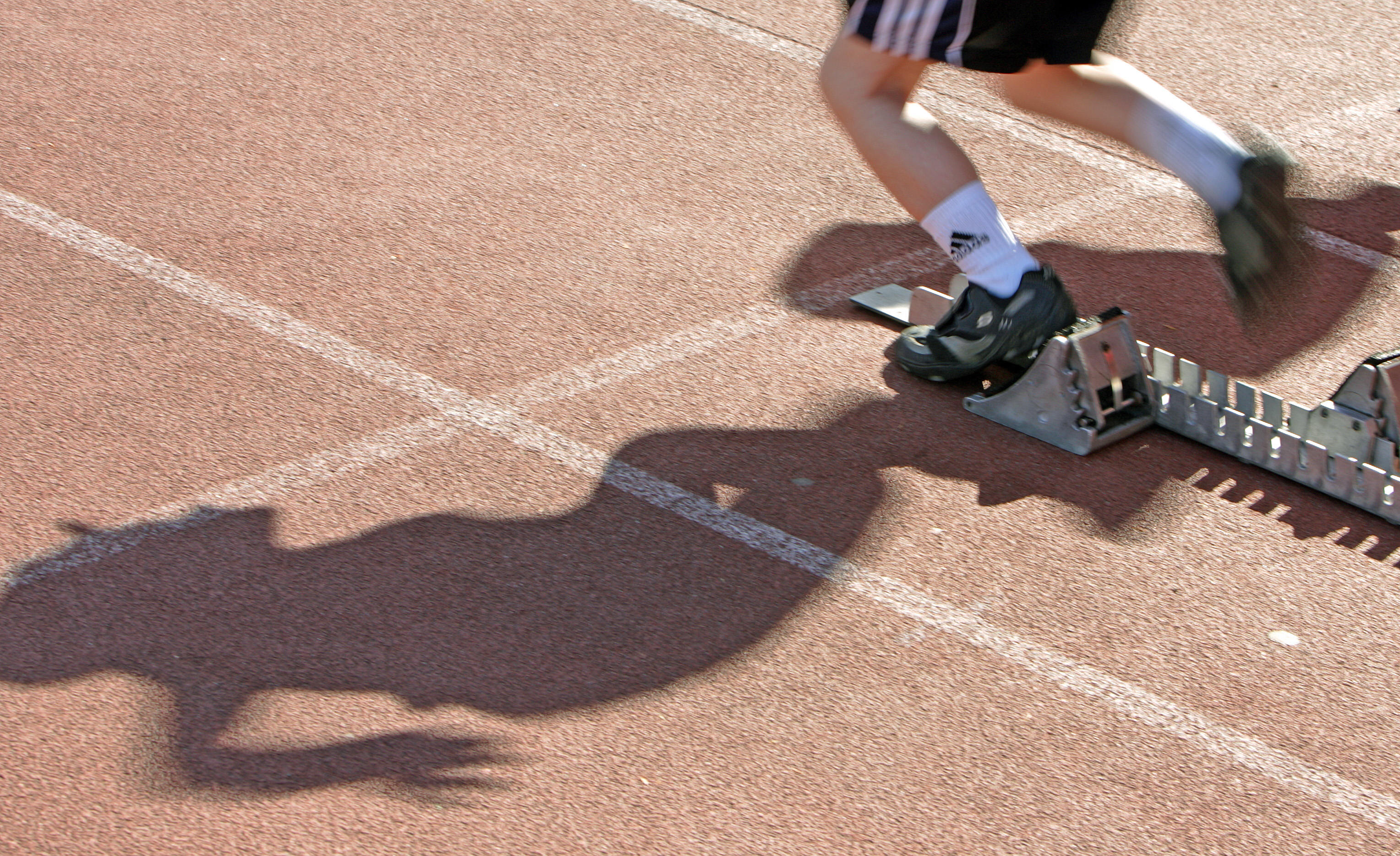Athletics track
Copyright© Thomas Imo/photothek.net
Uganda Supporting disadvantaged children and adolescents through athletics
“Athletics for Development” (A4D) in Uganda
The A4D approach was developed in cooperation with the local partners. The methodology combines basic athletic activities (running, jumping and throwing) with local traditional Ugandan games in order to improve the motor skills, vocational skills (for instance for joinery) and life skills (including respect and empathy) of children and adolescents.
All games and training units are age-specific and specifically tailored to the developmental needs of children and young people. The project mainly focuses on creating meaningful pedagogical activities for children and on promoting a healthy lifestyle. The sports activities that are on offer are meant to enable children with disabilities and refugees to be better able to participate in society.
Achievements so far
In collaboration with the Uganda Olympic Committee, the Uganda Paralympic Committee and the non-governmental organisations Cradle Sports and Special Olympics Uganda, more than 400 trainers have received training so far and are supporting the implementation of A4D in schools and communities. This has already benefited more than 15,000 children and adolescents.
In rural communities, the A4D van – a vehicle providing sports and information material – has been used to raise awareness among children and young people about gender issues, hygiene measures and the proper management of water resources. During the COVID-19 pandemic, a child-friendly hygiene manual with behavioural rules was developed in partnership with the NGO Viva con Agua. Over 20,000 copies were distributed to schools.
A key aim of A4D was to digitalise training approaches with a view to making them more accessible and facilitating networking between professionals. The app developed for that purpose operates at a variety of levels: It makes the A4D method available even without internet access, reduces the amounts of paper-based training materials produced and used, and is a way for trainers and teachers to connect with one another. Furthermore, it supports visually impaired users by providing special audio content.
As at: 18/01/2023
